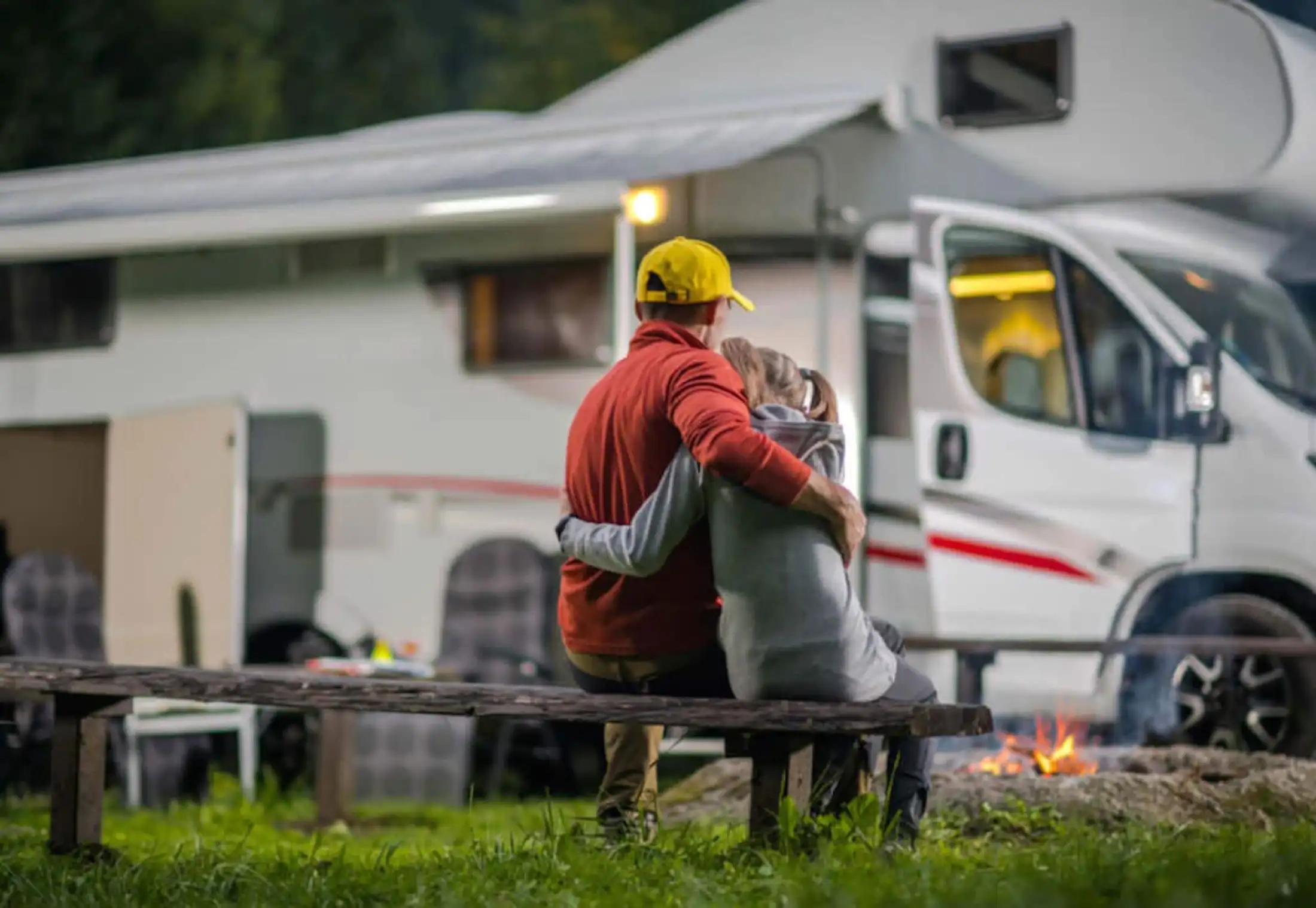RVing is a great way to travel, see new parts of the country, and spend quality time making memories with family and friends. The truth is there’s legitimately something in it for everyone. Some haven’t gotten on board yet though due to a theme of common misconceptions we’ve been hearing and asked about over the years. Rather than continue to just dispel them on an individual basis, we thought it’d be best to share these falsehoods here to put people’s minds at ease on a larger scale so they’re no longer missing out on what we’ve come to love so much.
Don’t travel with a full water tank
The truth is that it's totally fine to travel with a full water tank. There’s really just one condition. It’s fine as long as it doesn't put you over your gross vehicle weight rating. Just be mindful you’ll burn more fuel because of carrying the additional weight. That may not matter to you, but it does to some so it’s certainly at least worth mentioning.
Please know though if you’re so close to your gross vehicle weight rating or even over it that you can’t travel with a full water tank, this means it’s too heavy. We implore you not to push it in these scenarios either. It’s just not safe. Your RV may be built to travel with a full water tank, but not if it means being dangerously close or above the gross vehicle weight rating.
Needing “protection” when camping
This one was surprising at first, but with the more people who’ve come to us, we’ve come to realize it’s out there quite a bit so here we are wanting to address it. It's the notion of RV campers needing “protection” from other people when camping.
As you can imagine, we’ve interacted with a lot of RVers over our years of being in business. By a lot, we mean tens of thousands, a good portion of which we’re in touch with as repeat customers. To date, we’ve yet to have one customer experience anything where this was necessary. In fact, we’ve heard the same from others in the industry.
Now is it possible this could be needed? Sure. Anything is possible. At the same time, think about it this way. How many times in your adult life have you needed to actually defend yourself with a weapon? It’s an extreme rarity. If you don't feel the need to carry in your daily life, you aren't likely to when camping. Not to mention, statistically speaking, you’re much safer camping than you are in the vast majority of other environments.
There are no rules when boondocking
You may feel a special sense of freedom when boondocking because you’re truly out in the wilderness, but there are still actual and unspoken rules that apply to camping on public land.
Here are just a few examples.
You can’t just park anywhere that’s public land. It has to be an actual camping spot already. There has to be significant proof of people having camped there before you meaning a defined area where other vehicles have been and maybe a campfire ring.
Then another is trash related. You absolutely cannot leave it behind. Just like with designated campgrounds, you must leave the campsite the way it was when you arrived. This includes making sure you always pick up and dispose of any trash in the appropriate receptacles offsite.
This is a commonly missed one, but there will be a stay limit to your boondocking trip. You may not think so due to the vast land you’re in with hardly anyone around, but truth be told, these limits do exist and are oftentimes two weeks or less.
To be clear, this is a small fraction of what boondockers should know. It’s very important to educate yourself prior to going on this journey so hopefully this has helped get you started.
You can travel with your propane on
Under no circumstances whatsoever should you ever travel in your RV with the propane on. It may actually be the riskiest thing you can do and has potentially lethal consequences. There’s just no point in going down this frightening road. It should hopefully be obvious propane is extremely flammable. It burns easily, and accidents produce sparks. If one of your lines breaks gets sparked, you then have much bigger problems with a legitimate explosion. Rather than even make this a remote possibility, it’s simply best to travel with them closed.
